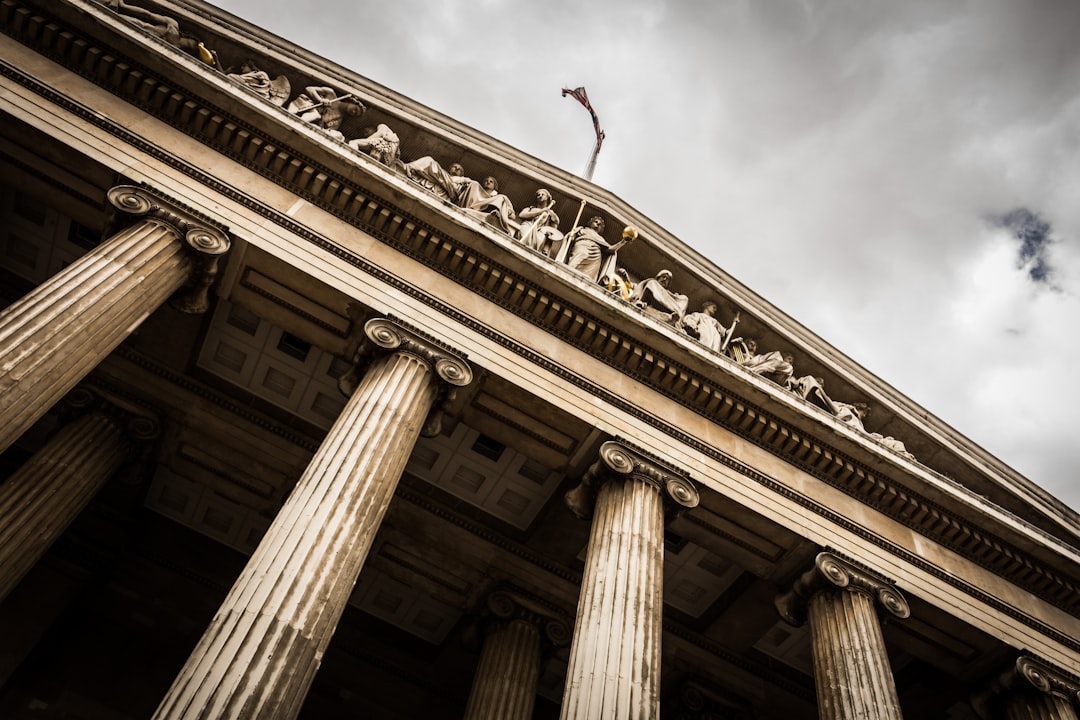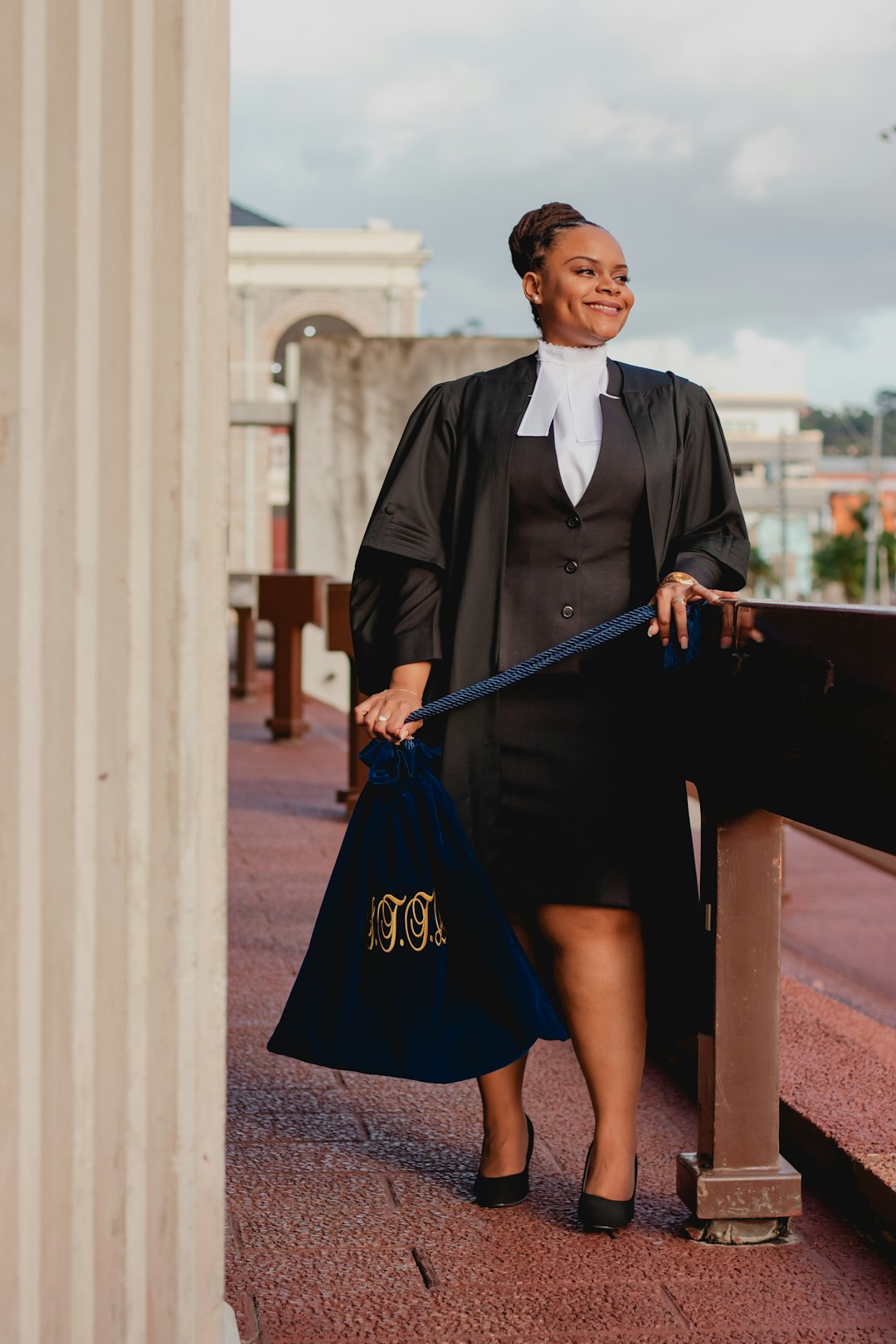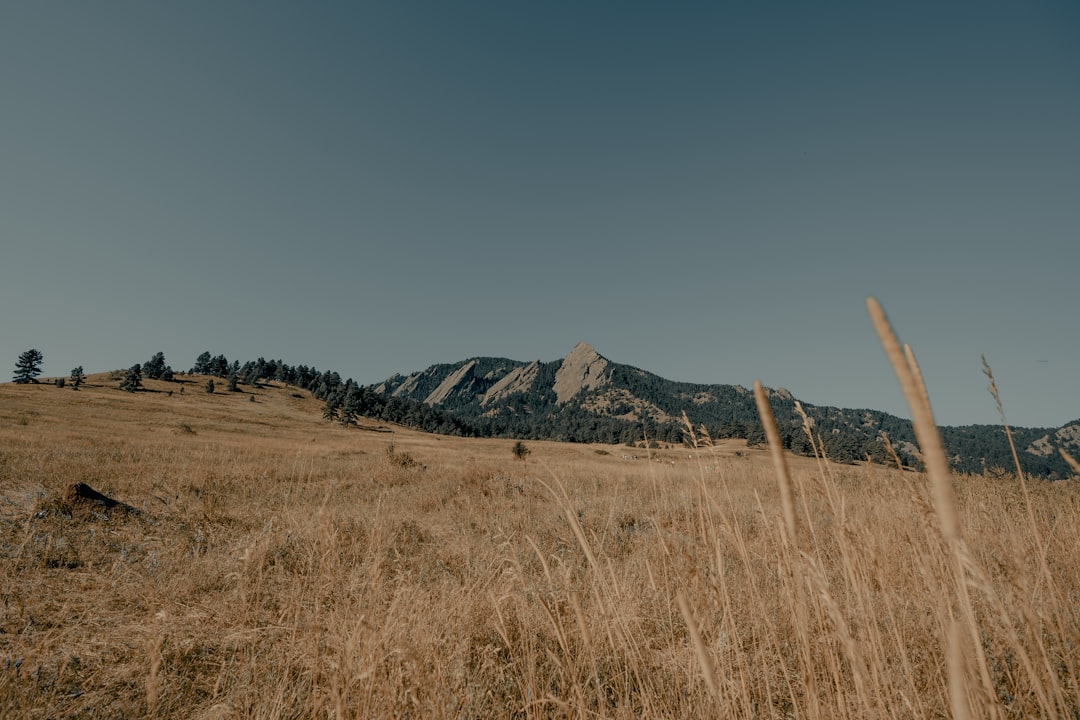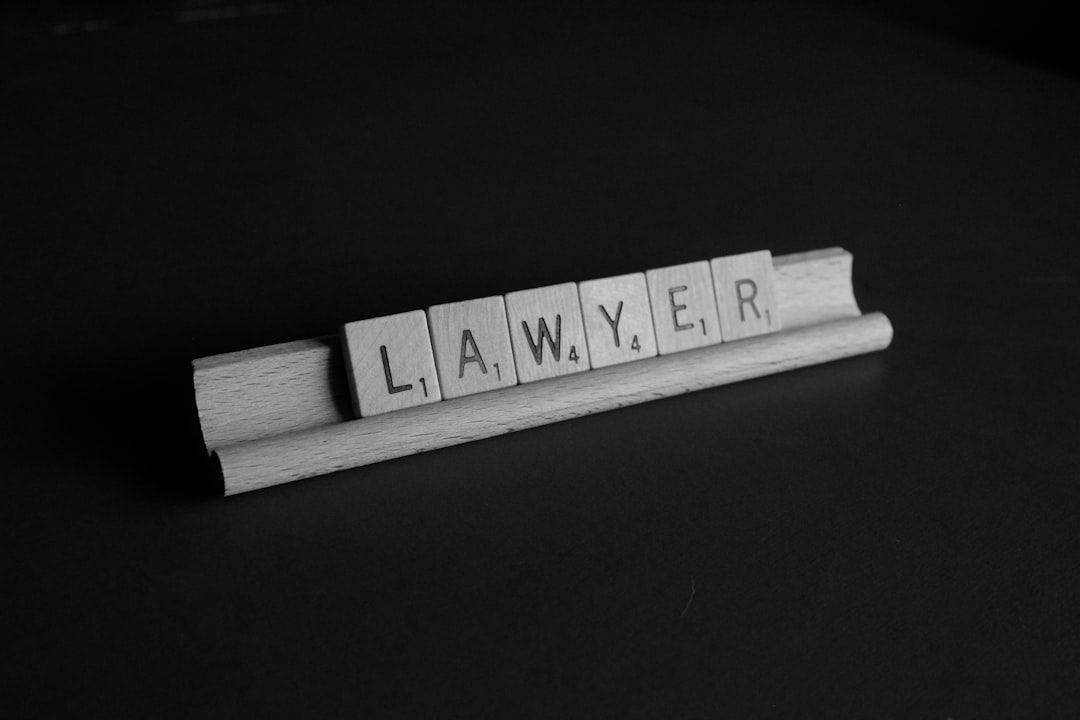Title IX, enacted in 1972, has been pivotal in combating sex-based discrimination in educational settings across Colorado and the US, significantly altering schools' response to sexual misconduct cases. Landmark legal victories like Doe v. School District No. 1 and Smith v. University of Colorado have reshaped how schools handle sexual abuse, with dedicated school abuse lawyers playing a crucial role in ensuring justice for victims. These cases have led to stringent protocols, improved training, and enhanced transparency in Colorado's educational institutions, contributing to safer learning environments.
“In Colorado, the fight against school sexual abuse has been catalyzed by landmark Title IX cases that have reshaped educational landscapes. This article delves into the historical context of Title IX and its role in addressing campus sexual misconduct. We explore key case studies, highlighting how successful lawsuits led by school abuse lawyers in Colorado have brought justice to survivors. Furthermore, we analyze legal strategies employed by these attorneys and discuss the far-reaching impacts and prevention measures implemented post-cases.”
Historical Overview: Title IX and School Sexual Abuse in Colorado

In the context of school sexual abuse, Title IX has been a pivotal legislation in Colorado and across the nation. Enacted in 1972, Title IX aims to ensure equality in educational settings, including prohibiting sex-based discrimination. This landmark law has significantly impacted how schools handle cases of sexual misconduct, assault, and harassment. Over the years, various court cases have shaped the interpretation and enforcement of these policies, especially in Colorado where school abuse lawyers have played a crucial role in advocating for victims’ rights.
The historical overview reveals that, prior to Title IX, instances of school sexual abuse were often overlooked or not taken seriously. However, with the law’s implementation, schools started adopting stricter policies and procedures to address these issues. This shift led to increased reporting and more robust investigations, empowering survivors to speak up without fear of retaliation. As a result, Colorado has seen several notable cases where schools and institutions have been held accountable for their failure to protect students from sexual abuse, thanks in part to the efforts of dedicated school abuse lawyers.
Key Case Studies: Landmark Trials for Justice

In the pursuit of justice for victims of school sexual abuse, several landmark cases in Colorado have significantly shaped the legal landscape. These trials not only brought much-needed attention to the pervasive issue of institutional failure but also established crucial precedents for holding schools and their officials accountable. One notable example is Doe v. School District No. 1, where a former student successfully sued her school district for negligence in failing to prevent repeated sexual assault by a coach. This case set a precedent for future plaintiffs, demonstrating the responsibility of educational institutions to safeguard students from harm.
Another significant case, Smith v. University of Colorado, exposed the university’s mishandling of sexual misconduct complaints, leading to systemic changes in their policies and procedures. The trial resulted in a substantial settlement for the plaintiff, sending a powerful message that higher education institutions cannot turn a blind eye to such abuses. These landmark trials have empowered victims across Colorado to come forward and seek justice, ensuring that school abuse lawyers play a pivotal role in holding schools accountable and protecting vulnerable students.
Legal Strategies: How School Abuse Lawyers Fight Back

In addressing landmark Title IX cases related to school sexual abuse in Colorado, the role of school abuse lawyers is pivotal. These legal professionals employ strategic approaches tailored to the unique challenges of such cases. They meticulously gather evidence, interview victims and witnesses, and scrutinize institutional policies for violations of federal laws prohibiting gender-based discrimination, including sexual harassment and assault.
School abuse lawyers in Colorado leverage robust legal strategies to hold educational institutions accountable. They assert claims under Title IX, which mandates prompt and effective response to complaints of sexual misconduct. Through compelling legal arguments, expert witness testimony, and a relentless pursuit of justice, these attorneys fight back against institutional failures that have allowed school-based sexual abuse to persist. Their goal is not only to secure compensation for victims but also to drive systemic change within schools across the state.
Impact and Prevention: Shaping Education Policies Post-Cases

The landmark Title IX cases related to school sexual abuse in Colorado have had a profound impact on education policies and procedures, driving significant changes aimed at prevention and protection. These cases, often involving complex legal battles led by experienced school abuse lawyers in Colorado, have shed light on systemic issues and prompted educational institutions to reevaluate their responses to allegations of sexual misconduct. As a result, schools are now required to implement stricter protocols for reporting, investigation, and discipline related to student-on-student and staff-on-student abuse.
Post-cases, Colorado has seen the emergence of robust anti-harassment policies, improved training programs for educators and staff on recognizing and addressing sexual misconduct, and increased transparency in record-keeping and communication with parents or guardians. These measures reflect a broader national trend influenced by Title IX cases, demonstrating a commitment to fostering safer learning environments and holding institutions accountable for their handling of such sensitive matters. The ongoing efforts to strengthen policies and procedures underscore the importance of proactive steps to combat school abuse, ensuring students’ well-being and educational experiences are protected.






